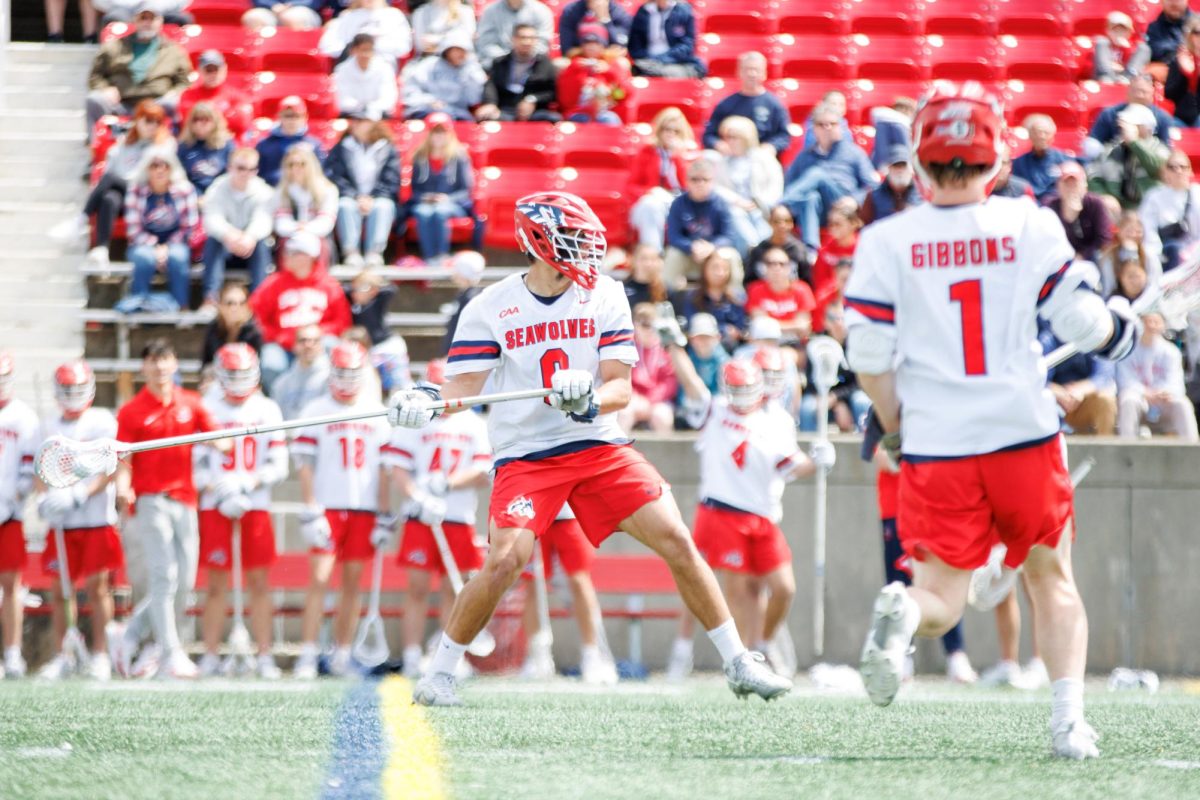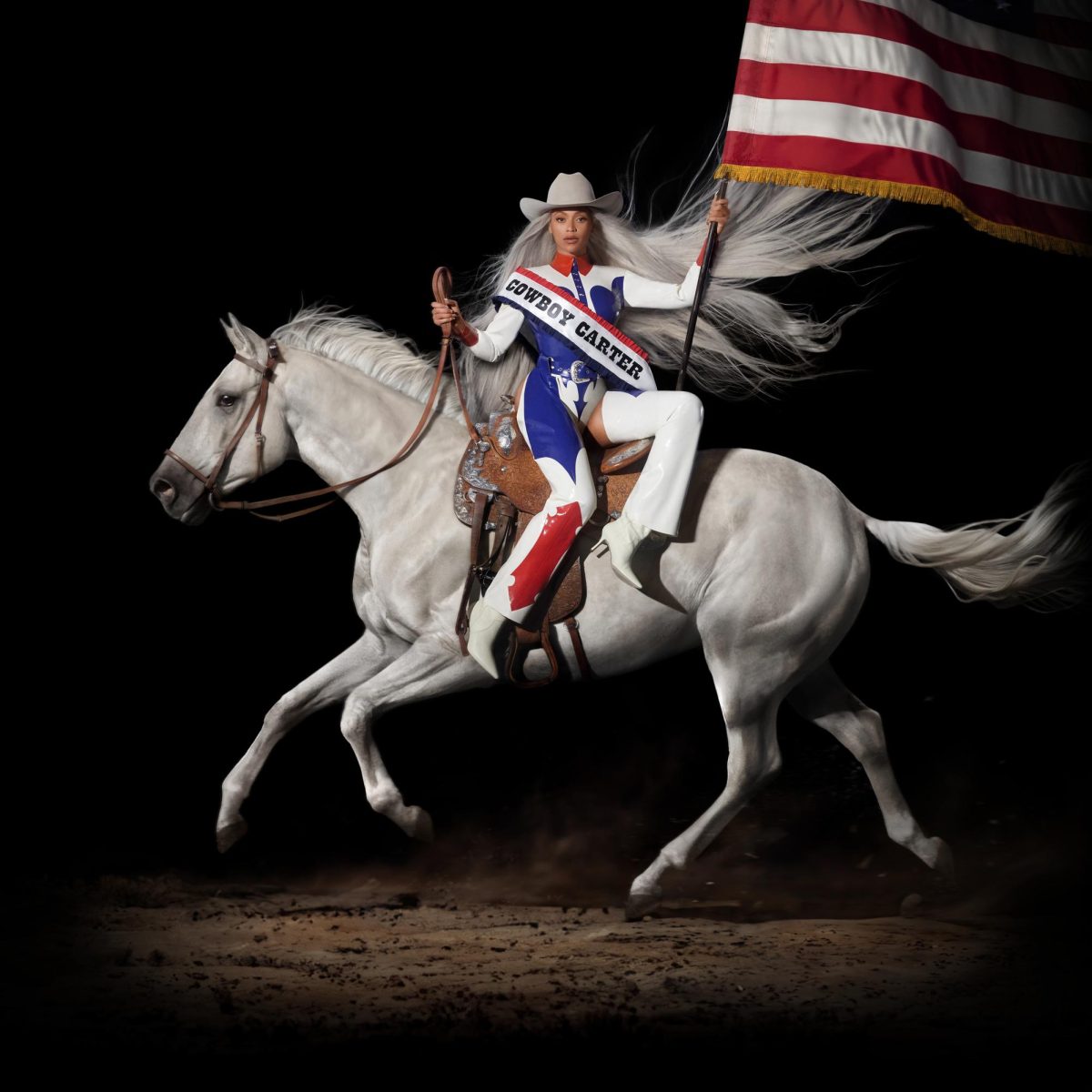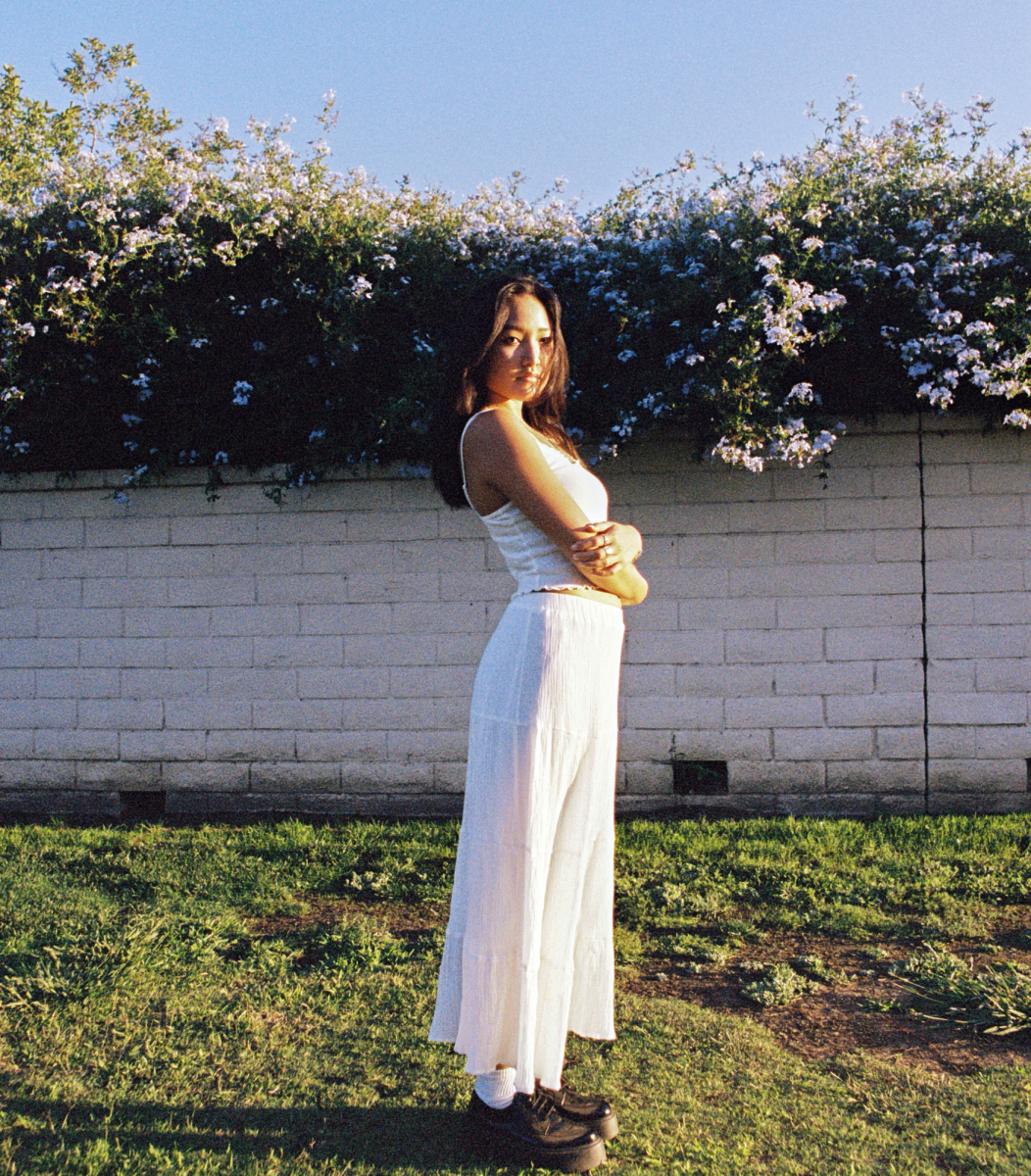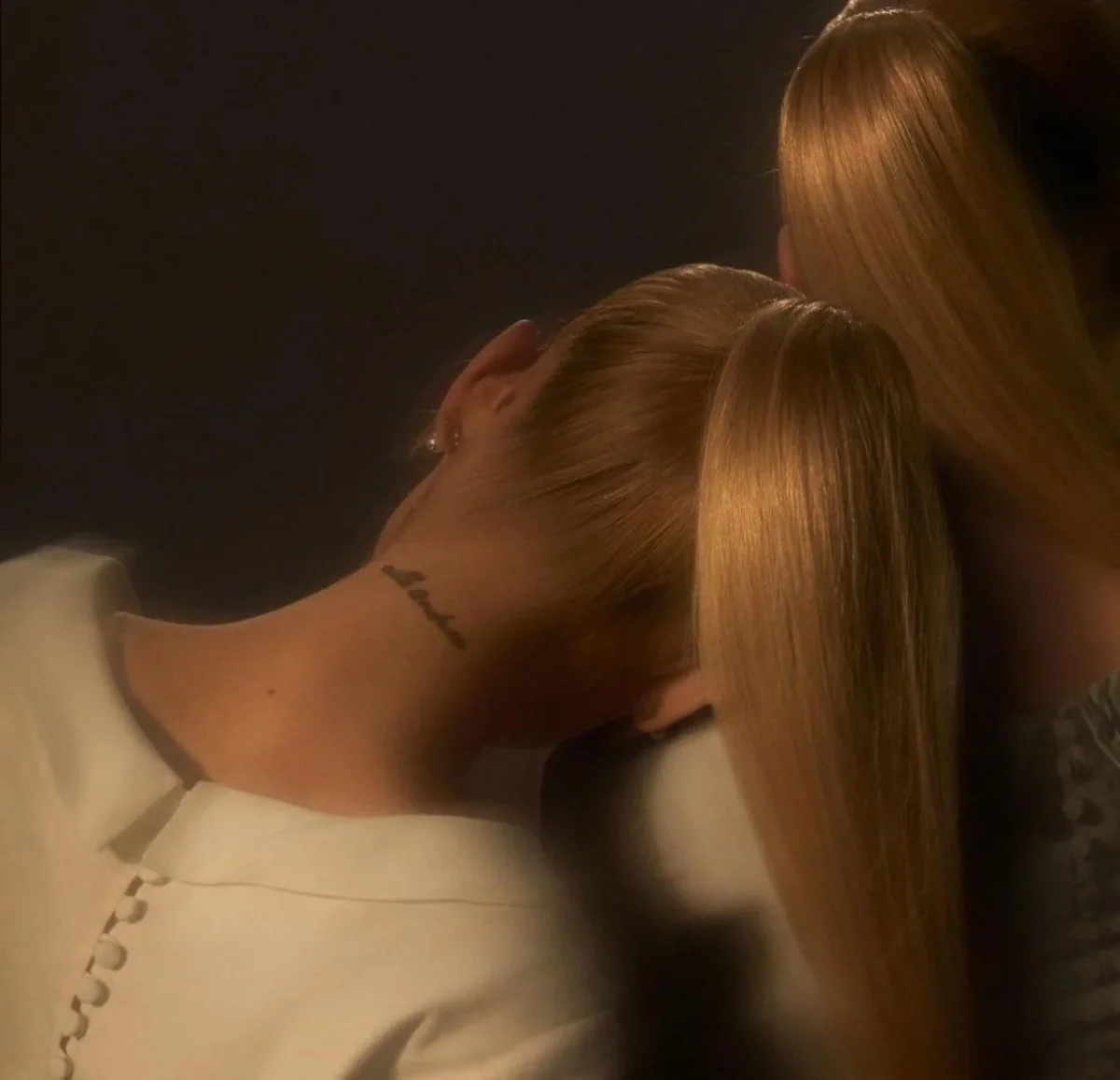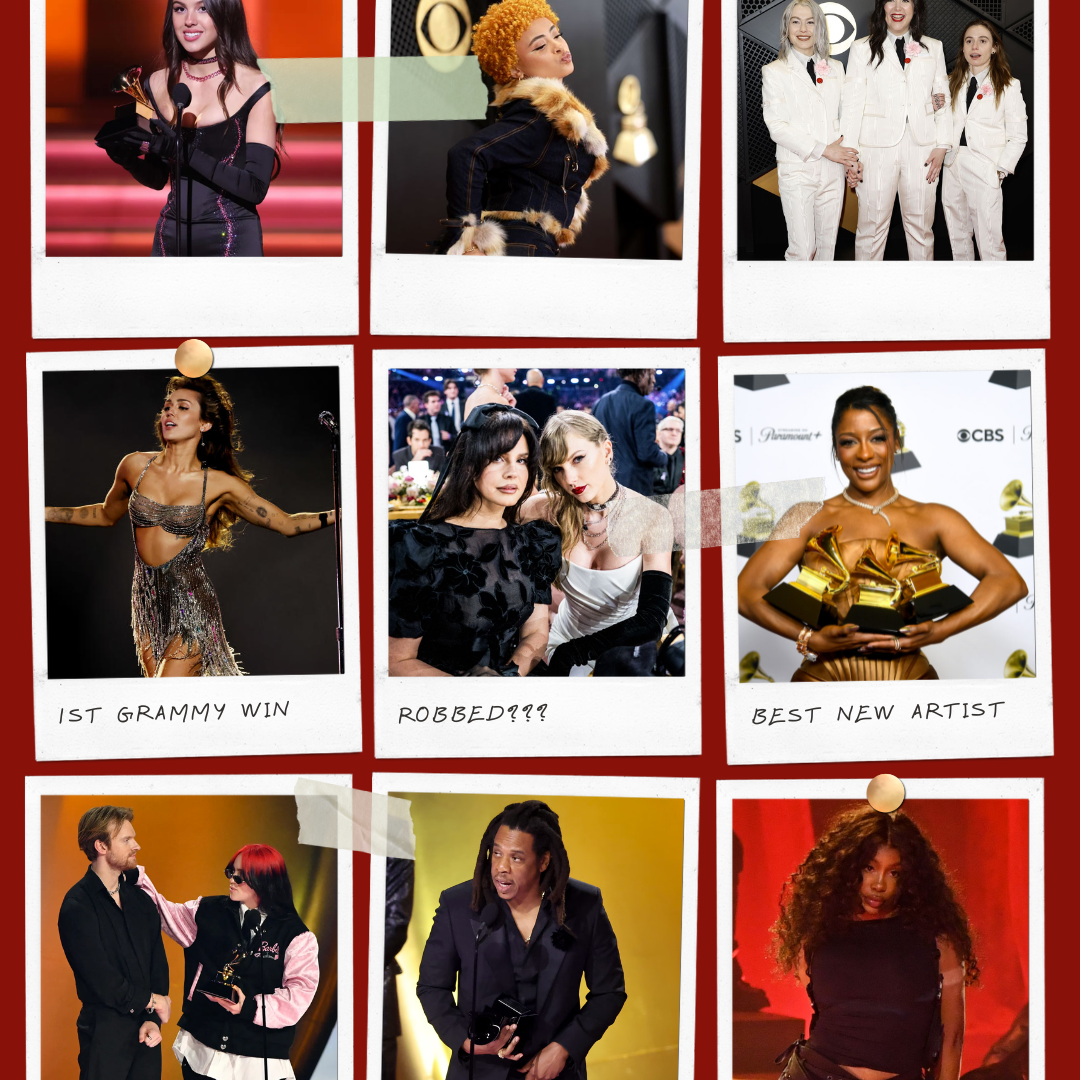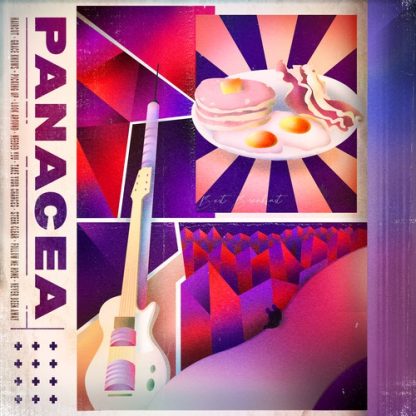
Panacea is described as a solution or remedy for all problems, which the world could certainly use in a bottle right now — or perhaps in a sequenced body of work.
On Nov. 19, the Brooklyn-based band Best Breakfast released their latest album, “PANACEA,” a nine-track LP dabbling within the realms of indie-rock, pop-folk and dance-pop. Defined by the music’s inventive sound and mood, “PANACEA” looks to give listeners a soundtrack for every part of the day.
Based in Williamsburg, Brooklyn, the band is composed of frontman and songwriter Ben Majest, producer/bassist Ian Romer, guitarist Chris Parker and drummer Poyraz Aldemir. “PANACEA,” which began humbly as a desktop folder, was originally a folder titled “DRIVE BOPS.” The album resonates with its original label as it flows like the soundtrack to a nice road trip on the coast.
Tracks like “Haircut” and “Grace Knows” reflect more upbeat and mellow beats, while “Follow Me Home” and “Take Your Chances” are more story-esque, with their heavier percussion and reflective lyrics.
As the name suggests, the album’s theme refers to a remedy or a “cure-all.” It’s about “love and lust and negotiating between the two. It has songs for all the seasons and the feelings that they bring out,” Majest explained in the album’s press release.
The Statesman spoke to Majest before the band’s first show at Pete’s Candy Store for the release of “PANACEA,” and delved into the makings of the album, the experience of songwriting and their past discography.
The Statesman: Your discography on Spotify begins in 2020 with the album “Late 80’s Baby,” and has come out with three albums since you guys have been busy over the last year and a half. Tell me how you all came to be.
Majest: Everybody’s got their own side projects. I write the songs like it’s my project, and I’ve enlisted the help of really awesome musicians to work with me. But yeah, we play together; we just have to keep working at being an entity. With the pandemic and having the time, it gave us the time and space to record and really focus. But then I also had the idea of having Chris Parker, who plays lead guitar on the record, and then he plays bass and produces all the songs I haven’t had to move in. So we built the studio here, and we’re living here together. Chris was full time and Ian was coming in from Philly, two weeks since. And so when Ian wasn’t here, Chris and I were writing, and then when he would show up, we would actually record the records here, and so we’re proud of how fast we can put stuff together. You know, I think that’s really what I’m proud of is, once we have a song written we can really get it. Most of it went down in three hours.
You’re listed as the primary songwriter. How would you describe your writing process?
I’m really just keen on getting stuff out. I try not to be too precious with it. I’m really good at team building and figuring out what’s missing to get something to work. I think if you’re making music, it’s not enough to just make music and just have it sit at home. It’s not enough to just put it on Spotify. It’s not enough to just write good songs. I look at it like, “Okay, what skills do I have? What can I do?” And then with the stuff that I can’t do, I just find I find the right people to complement the work. And that’s just how it works.
How did “PANACEA” come about? What was the process of creating each track and fitting them in with each other cohesively?
So I will write a song on guitar; I’ll come up with some kind of progression. Sometimes the progression comes out of just a guitar exercise I happen to be doing. I’ll write one part, whether it’s a verse, or a chorus or a section or B section, yet when I write it, I try to come up with a second part that’s going to fit whatever that first part is. We can record three of our instruments at the same time [and] set that to [the] drum beat. So, I’ll be on guitar, Chris will be on guitar, Ian will be on bass or keys and we will record basically the backbone of the track.
What about the songwriting? I was listening to different tracks, and I know that you guys said that “PANACEA” was about love and lust and negotiating between the two. But you guys have a different variety of song topics.
When I wrote “Haircut” on the new record, I liked it because it’s just kind of light and not super heavy. I came up with the progression first and then the chords and was like, oh, this has a kind of sultry [mood], like you’re dancing, but you’re people who are out sort of on the prowl, just kind of looking to party, but then they end up having a really good conversation. You know, like that kind of situation where you’re at a bar and you’re not really looking for anything serious, but then how you really end up connecting with somebody pretty hard. That’s what “Picking Up” is all about. “Steer Clear,” I think is kind of just about how to navigate the feelings of a breakup, or you don’t know if you’re okay to be around the person or not be around the person or if he knew you were going to feel a certain way after it was over; should you have been in the thing in the first place? So it’s sort of that, a lot of the songs have love and romance at the center.
What are some of your musical inspirations?
So I’m a big [fan] as far as famous musicians go. Bob Dylan is a big one. I love The Strokes. Daniel Rossen, [who] was [one of] the guitarists from Grizzly Bear. Lately, I’ve been listening to a lot of Big Thief and Adrianne Lenker. And then honestly, it’s funny, I was trying to answer this question for another interview, but they’re like, who would you play with, and really, a lot of my influences are the guys I play with. So it’s like my influences are the people that [are] actually like me and [I] come into contact with more, especially nowadays more than whereas when you’re a kid and you listen to music, it’s like you have to look up to the stars because you don’t have musicians around [that] you are always tied in. So yeah, so that’s kind of where I’m at. Arcade Fire is also a classic. Phoenix. I’m a big hip-hop guy, [too]. Also, I don’t know if that shows, but I also like a lot of Latin music, but it doesn’t come out. It doesn’t really but we’re most popular in Mexico.

